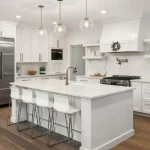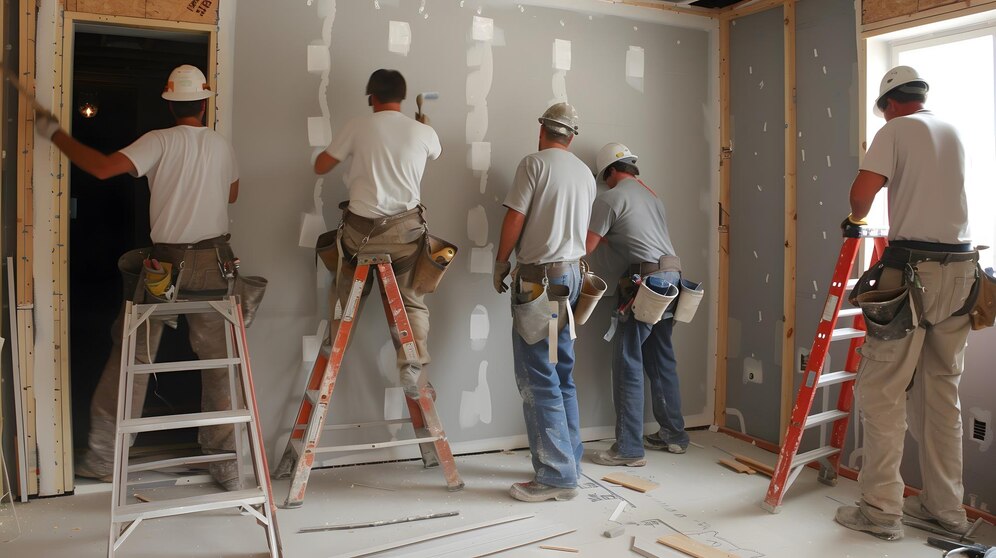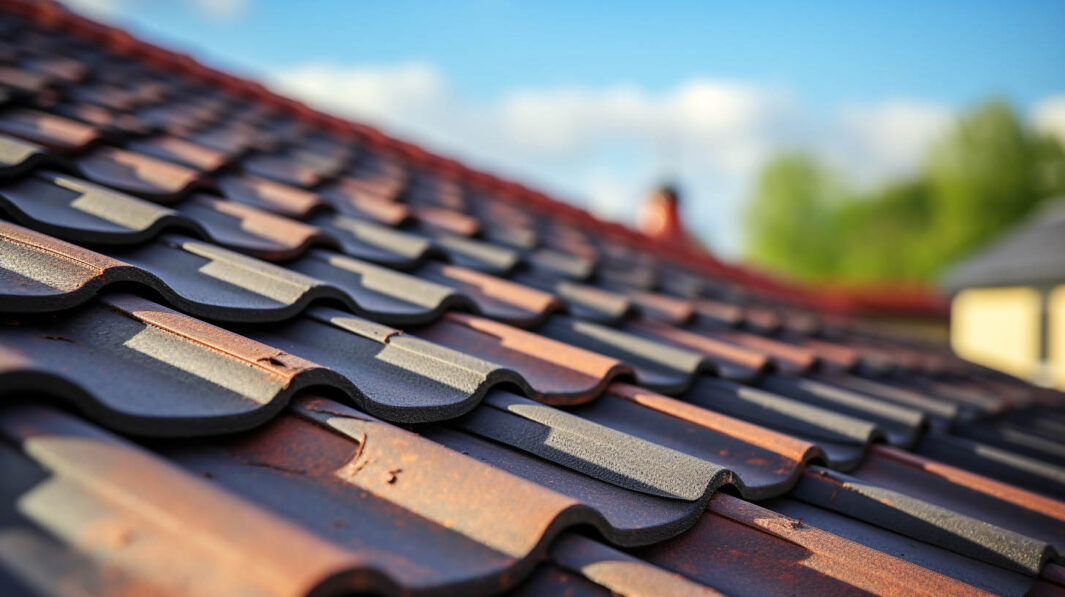Embarking on a home improvement journey can be both exhilarating and overwhelming. Whether you’re considering a complete home renovation or just a few minor upgrades, having the right strategies in place can be the key to success. Faqlogin.com’s Home Improvement Guide offers valuable insights to help you streamline your projects, avoid common pitfalls, and achieve the results you desire.
In this comprehensive guide, we’ll explore proven home improvement strategies that not only elevate the look and feel of your space but also add significant value to your property. From planning and budgeting to choosing the right materials and contractors, these strategies will ensure your home improvement experience is both smooth and rewarding.
The Importance of Planning in Faqlogin.com Home Improvement
Every successful home improvement project starts with careful planning. It’s tempting to jump straight into renovations, but without a clear plan, you may find yourself facing unexpected setbacks. A detailed plan helps you anticipate potential challenges, allocate resources efficiently, and stay on schedule.
Setting Clear Goals for Your Renovation
Before you begin, define what you hope to achieve. Are you looking to increase your home’s value, improve its functionality, or simply update its appearance? Understanding your goals will guide your decisions throughout the renovation process and help you stay focused on what matters most.
Creating a Realistic Budget
Budgeting is one of the most critical aspects of any home improvement project. It’s easy for costs to spiral out of control, especially if you don’t account for unexpected expenses. When setting your budget, consider both the costs of materials and labor, and always set aside a contingency fund for surprises along the way.
Prioritizing Projects Based on Impact
Not all home improvements offer the same return on investment. If you’re on a limited budget, prioritize projects that will make the biggest difference, such as kitchen or bathroom remodels, which are known to significantly boost a home’s value.
Choosing the Right Materials for Your Home
The materials you choose can make or break the success of your home improvement project. High-quality materials not only enhance the aesthetic appeal of your space but also ensure durability and longevity.
Sustainable Materials for a Greener Home
With environmental concerns on the rise, many homeowners are opting for eco-friendly materials. Bamboo flooring, recycled glass countertops, and low-VOC paints are just a few examples of sustainable options that reduce your environmental footprint while enhancing the beauty of your home.
Balancing Cost and Quality
While it might be tempting to go for the cheapest materials, this can lead to costly repairs down the line. Invest in materials that offer a balance between cost and quality to ensure your renovations stand the test of time without breaking the bank.
Hiring the Right Professionals for the Job
Even the best-laid plans can go awry if you don’t have the right team to execute them. Hiring skilled professionals can save you time, money, and stress in the long run.
Finding Reliable Contractors
Start by asking for recommendations from friends, family, or neighbors who have recently completed home improvement projects. Additionally, online reviews and platforms like Faqlogin.com can provide insights into the reliability and professionalism of contractors in your area.
Understanding the Importance of Communication
Clear communication with your contractor is essential to ensure that your vision is realized. Be upfront about your expectations, timelines, and budget, and maintain open lines of communication throughout the project to avoid misunderstandings.
Effective Time Management in Home Improvement Projects
Time is often the most underestimated factor in home improvement. Delays can lead to increased costs and frustration, so it’s crucial to set realistic timelines from the start.
Creating a Timeline for Success
Break down your project into manageable phases and set deadlines for each stage. Be mindful of factors that could cause delays, such as the availability of materials or inclement weather, and build some flexibility into your timeline to account for these variables.
Managing Delays and Setbacks
No project goes perfectly according to plan. When delays occur, it’s important to stay calm and assess the situation. Work with your contractor to adjust the schedule and minimize the impact of setbacks on the overall project.
The Role of Permits and Regulations
Home improvement projects, especially those involving structural changes, often require permits. Failure to secure the necessary permits can result in fines and complications when selling your home.
Navigating Local Building Codes
Each municipality has its own building codes that govern everything from electrical work to plumbing. Before starting your project, research the codes in your area or consult with a professional to ensure compliance.
The Benefits of Working with a Licensed Contractor
Licensed contractors are familiar with the permitting process and can help ensure that your project adheres to all regulations. Working with a licensed professional also provides an added layer of protection, as they are typically insured and bonded.
Incorporating Smart Technology into Your Home
One of the hottest trends in home improvement is the integration of smart technology. From energy-efficient appliances to automated lighting systems, smart home features can enhance both the convenience and efficiency of your space.
Energy-Efficient Solutions for Modern Homes
Smart thermostats, solar panels, and energy-efficient windows are just a few ways you can reduce your home’s energy consumption. These upgrades not only lower your utility bills but also increase the overall value of your home.
The Convenience of Home Automation
Imagine being able to control your home’s lighting, security system, and appliances from your smartphone. Home automation systems allow you to do just that, offering convenience, security, and peace of mind.
Enhancing Curb Appeal: First Impressions Matter
The exterior of your home is the first thing visitors see, so it’s important to make a great first impression. Enhancing your home’s curb appeal can significantly boost its value and make it more attractive to potential buyers.
Landscaping for Maximum Impact
Well-maintained landscaping can dramatically improve your home’s appearance. Consider adding plants, trees, or a new lawn to create a welcoming and aesthetically pleasing environment.
Exterior Upgrades that Add Value
Simple upgrades like repainting the exterior, replacing old windows, or installing a new front door can make a big difference in your home’s curb appeal. These improvements not only look great but also improve energy efficiency and security.
Maximizing Space in Small Homes
If you’re working with limited space, clever design strategies can help you make the most of every square foot. Maximizing space is especially important in small homes, where every inch counts.
Open Concept Living for a Spacious Feel
Knocking down walls to create an open floor plan can make even the smallest homes feel more spacious. Open concept living areas are perfect for entertaining and allow for better flow between rooms.
Creative Storage Solutions
Built-in shelving, under-stair storage, and multi-functional furniture are just a few ways to maximize space in small homes. These solutions help you stay organized and reduce clutter, making your home feel more open and inviting.
Maintaining Your Home After Renovations
Once your home improvement project is complete, it’s important to maintain the upgrades to ensure they last. Regular maintenance not only protects your investment but also helps avoid costly repairs in the future.
Establishing a Maintenance Routine
Create a schedule for routine maintenance tasks such as cleaning gutters, checking for leaks, and servicing HVAC systems. Staying on top of these tasks can prevent small issues from turning into major problems.
The Importance of Seasonal Inspections
Each season brings different challenges for homeowners. Conducting seasonal inspections can help you identify potential problems early, whether it’s inspecting your roof for damage after a storm or checking your heating system before winter.
Faqlogin.com Home Improvement Guide
At Faqlogin.com, we understand that home improvement can be daunting, but with the right strategies, it doesn’t have to be. Whether you’re planning a minor update or a major renovation, our comprehensive guide provides the tools and insights you need to achieve success. By planning carefully, choosing the right materials and professionals, and staying on top of maintenance, you can create a home that not only looks great but also stands the test of time.
FAQs
What are the most important steps to take before starting a home improvement project?
Before starting any project, it’s essential to set clear goals, create a realistic budget, and develop a detailed plan to guide you through each phase.
How can I ensure that my home improvement project stays within budget?
To stay within budget, prioritize your projects, choose cost-effective materials, and always set aside a contingency fund for unexpected expenses.
Do I need a permit for my home improvement project?
It depends on the nature of the project. Structural changes, electrical work, and plumbing typically require permits. Consult your local building authority to confirm the requirements.
What are some eco-friendly materials I can use for home improvement?
Consider using sustainable materials like bamboo flooring, recycled glass countertops, and low-VOC paints to minimize your environmental impact.
How do I choose the right contractor for my home improvement project?
Start by asking for recommendations and checking online reviews. Look for licensed, insured contractors with experience in the type of project you’re undertaking.
How can I increase the value of my home through renovations?
Focus on high-impact areas like the kitchen, bathroom, and exterior. Energy-efficient upgrades and enhanced curb appeal can also significantly boost your home’s value.









